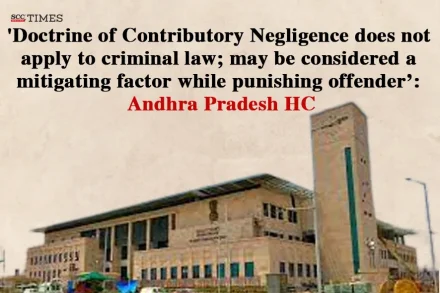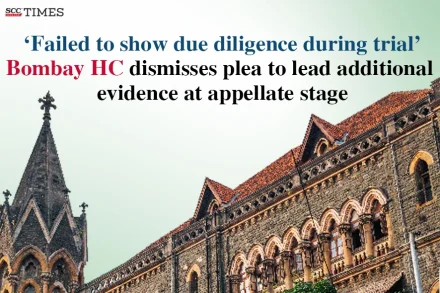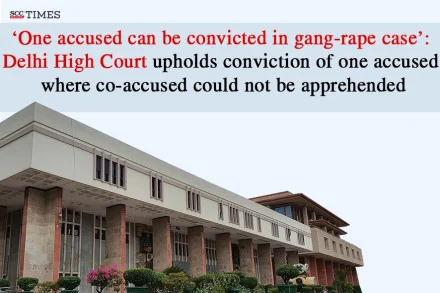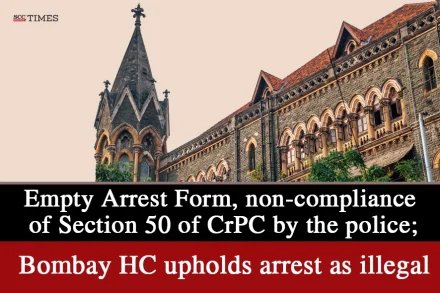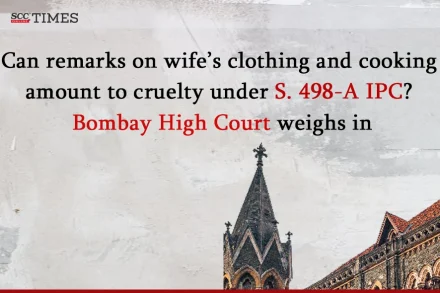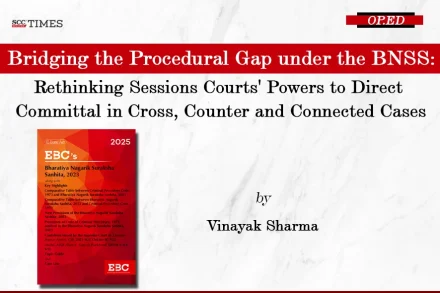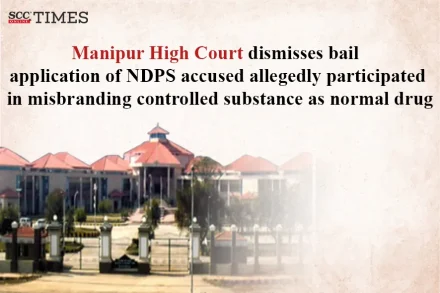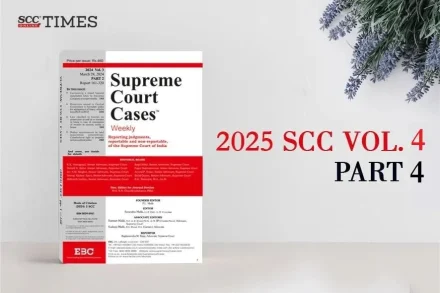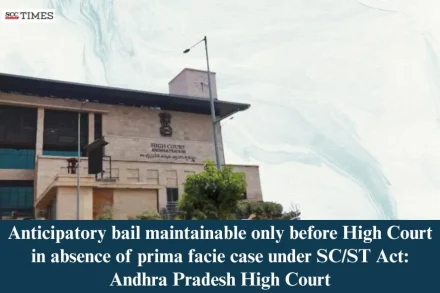
Anticipatory bail maintainable only before High Court in absence of prima facie case under SC/ST Act: Andhra Pradesh High Court
The prosecution had raised a preliminary objection regarding the maintainability of the petition contending that the Section 14-A(2) of Scheduled Castes and Scheduled Tribes (Prevention of Atrocities) Act, 1989 puts an embargo on the High Court from hearing any anticipatory bail application.



